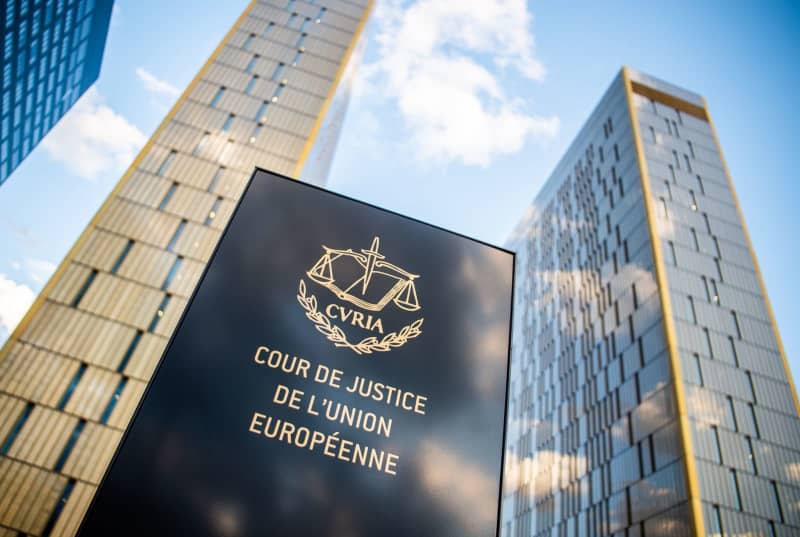ECJ upholds EU Commission fine on Scania for illegal cartel

The European Court of Justice (ECJ) on Thursday dismissed an appeal by Swedish truck maker Scania and upheld a fine of almost €900 million ($9.7 million) imposed by the European Commission for participating in an illegal cartel.
The ECJ said it dismissed "in its entirety" an appeal by Scanian against an earlier ECJ ruling. The fine totalling €880.52 million is upheld, the court ruled.
In 2017, the European Commission imposed the fine on the truck maker, which is part of the Volkswagen Group, for illegal pricing agreements with its competitors over a period of 14 years.
The agreements concerned passing on to customers the costs for new technologies required for complying with stricter emissions regulations.
The commission had previously reached a settlement with the other cartel members, including MAN, Daimler, Iveco and Volvo/Renault, but Scania had rejected this and brought an action for annulment before the ECJ.
The ECJ dismissed the action, and Scania lodged an appeal. That appeal was dismissed on Thursday.
Scania had failed to demonstrate that the European Commission had not been impartial in its decision.
The mere fact that "the same Commission team was responsible for adopting both the settlement decision and the final decision concerning Scania does not, by itself, call into question the impartiality of that institution in the absence of any other objective evidence," it found.
The national court now has to rule on the case, taking into account the ECJ's judgement.

